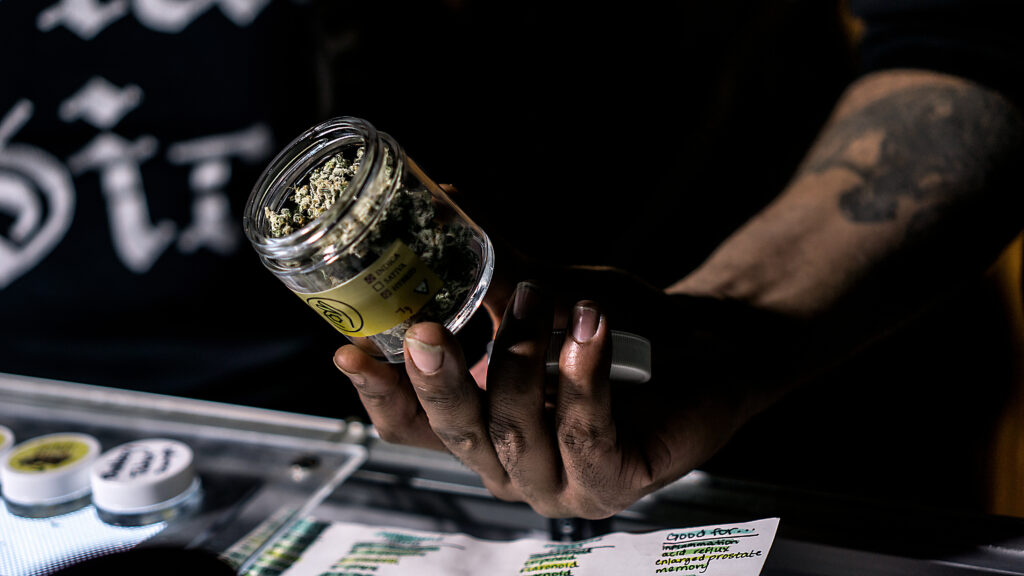Arizona adds an education program to apply for social equity license.
A marijuana business education program has been added as a mandatory step for the process of applying for a social equity license in Arizona.
The class will be offered for free by the Arizona Department of Health and Safety. This program will be required for anyone applying for one of 26 available social equity licenses. This requirement was introduced by the Smart and Safe Arizona act passed by voters last year.
«They have to participate. Each principal officer and board member has to participate in the training,» said Tom Salow, a branch chief at the Department of Health Services overseeing marijuana licensing.
The application period for the social equity licenses will be from Dec. 1-14. The random selection will most likely take place in early 2022, according to the DHS.
The required training will be approximately two eight-hour days of content and conducted through video conferencing. A live version will take place Sept. 20-21, and a recorded session will take place Oct. 12-13. The recorded session will include a live question-and-answer period.
DHS will offer its own version of “office hours” for applications. The department will make experts available for questions from people who are hoping to apply for licenses.
Salow said the training will go over a variety of topics that include, “Corporate law, fundraising, entity formation. There’s a lot of different options we will be training on.»
With the social equity licenses, Arizona will have 169 licensed stores able to sell recreational marijuana. Since the state has limited the number of licenses, the demand for social equity licenses is high.
To apply for the license, there is a $5,000 fee and the application needs to meet three of four different criteria. The four criteria, as defined by DHS, are:
- Have had a household income less than four times the federal poverty level for three of the past five years. For 2021, the federal poverty guidelines for a family of four are $26,500, so the family could earn no more than $106,000 for an individual from the family to qualify.
- Have a previous marijuana conviction that they have applied to have expunged, as allowed through Proposition 207, or a marijuana conviction but not a felony offense that would exclude them from applying.
- Have a spouse, parent, child, sibling, or guardian who was convicted of a marijuana crime.
- Have lived for at least three of the past five years in a “community that has been disproportionately affected by the enforcement of Arizona’s previous marijuana laws,” which the department has not yet defined but will by Sept. 1.
Some advocates of the social equity license have shown concern for the potential of existing dispensaries or would-be investors attempting to identify people who qualify for expungement so they can form a partnership. Hundreds of thousands of Arizonans are likely eligible for expungement.
As reported by the Arizona Republic, Arizona’s rules allow existing marijuana dispensaries, some with shops in multiple states, to use people who qualify for the licenses as «straw» applicants. Once the licenses are won, the big dispensaries can simply buy out the social-equity applicants.
Advocates say it violates the spirit of a social equity program and critics say existing for-profit dispensaries should be excluded from the program.
More information on Rideout Law can be found at: https://www.rideoutlaw.com
To view the article click here
